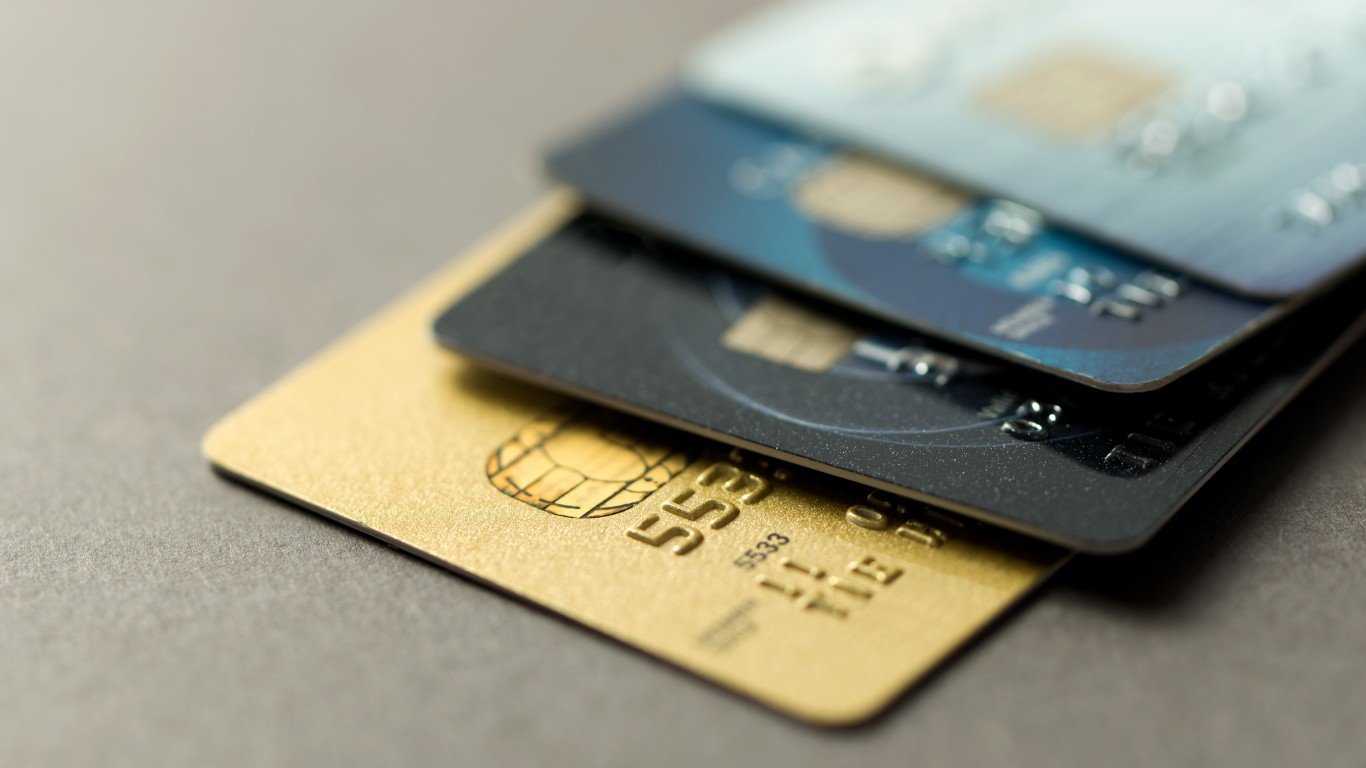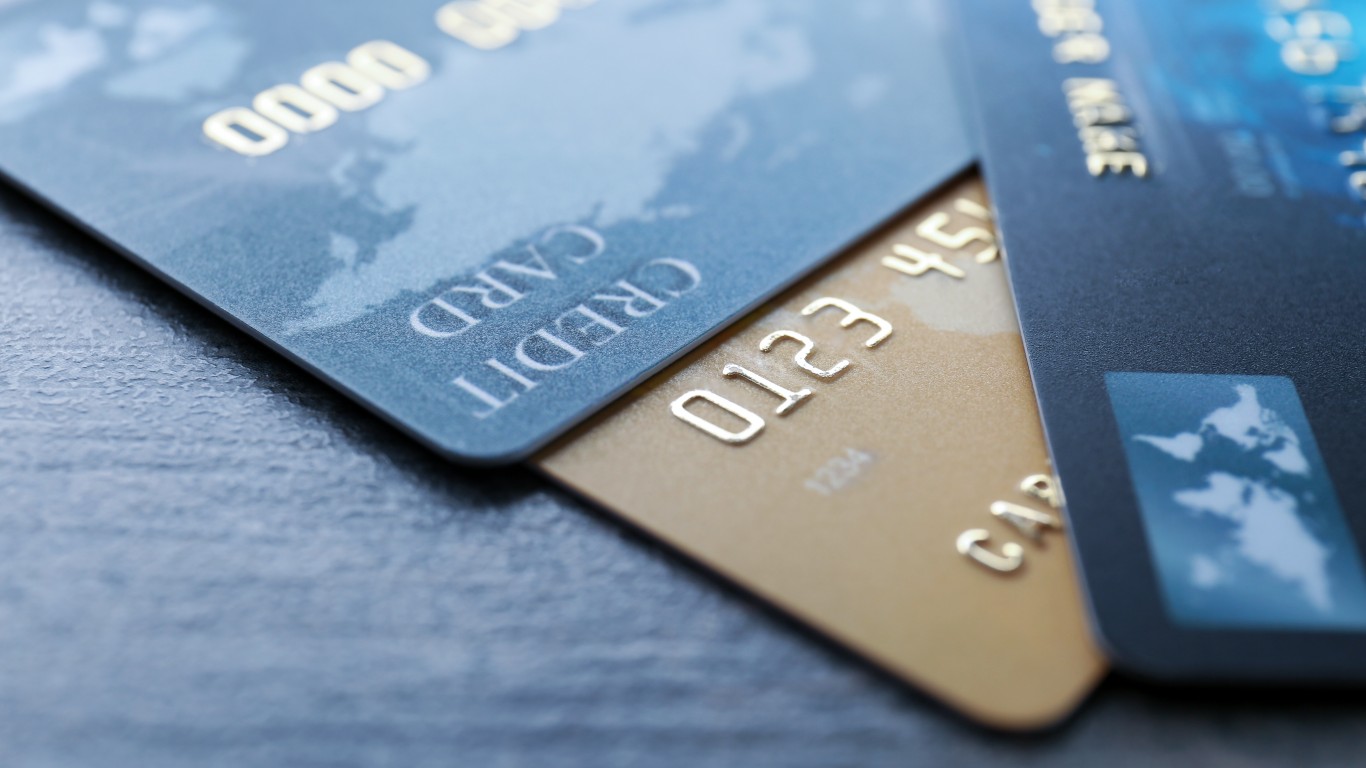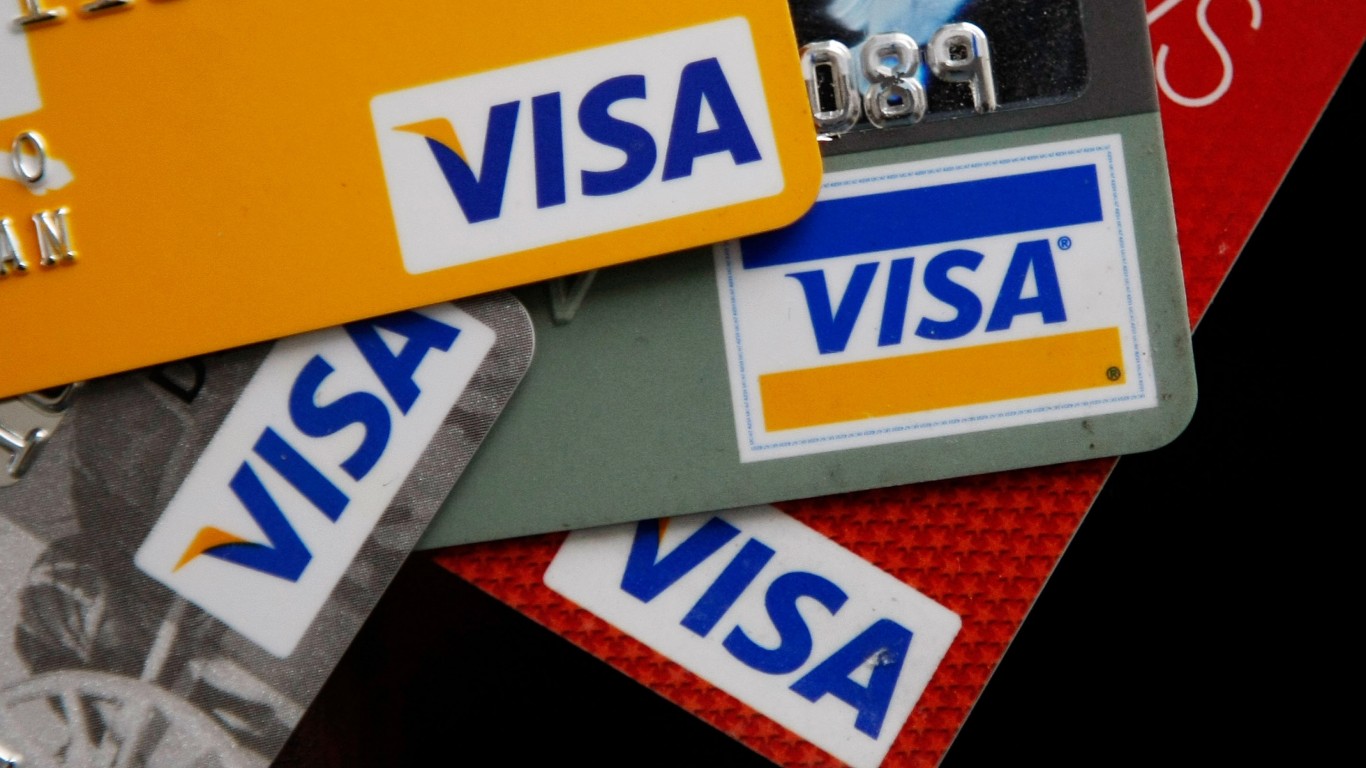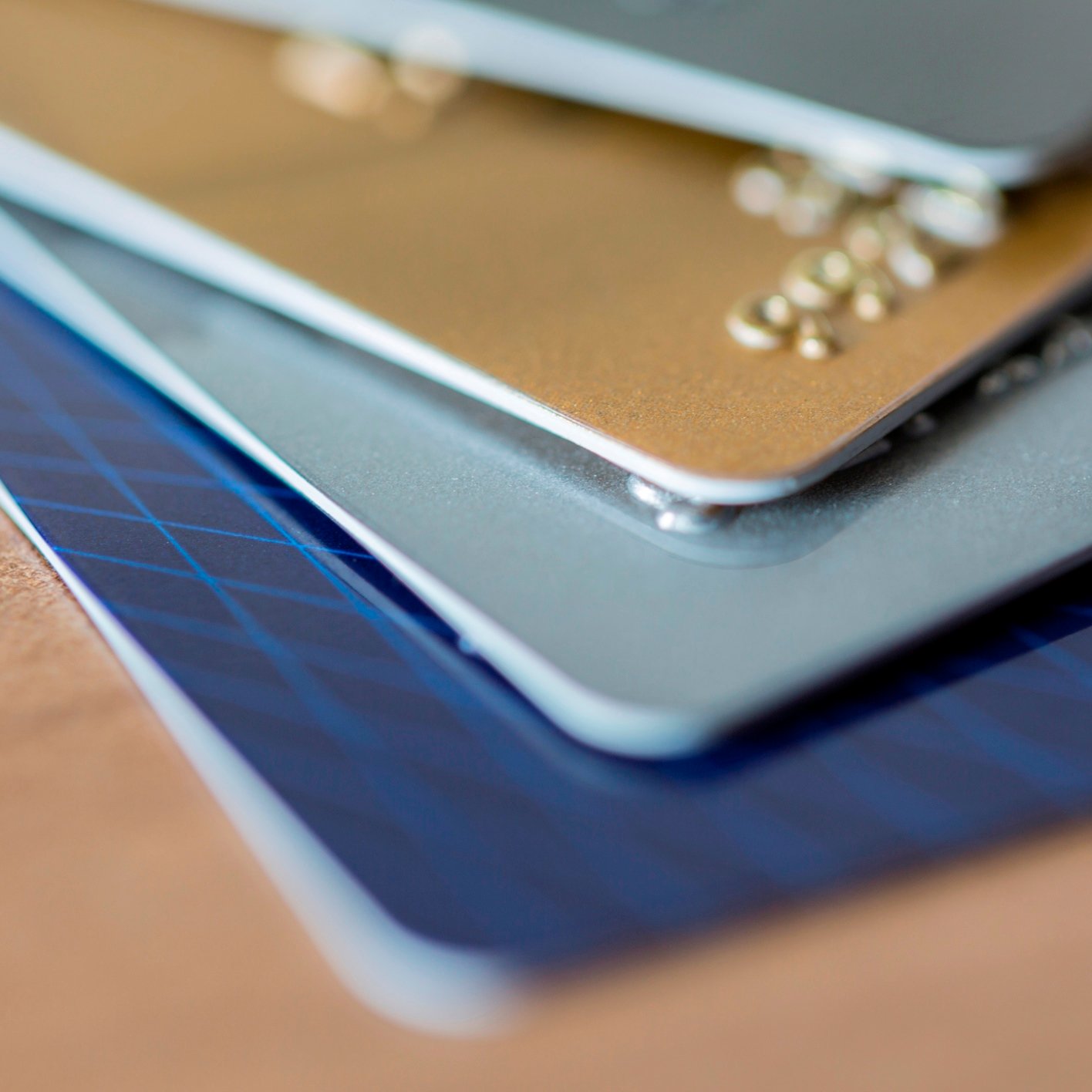consumer credit
The Federal Reserve has reported its consumer credit data for August. As the stimulus ran out, Americans used their credit a bit less than expected.
Published:
The instant recession from COVID-19 has put countless millions of Americans in a bad position so fast that they just did not have time to prepare for the recession, being locked down at home and...
Published:
The economy was looking great at the start of 2020 with higher wages, low unemployment and a very healthy consumer. It took less than 60 days for the stock market to begin its slide and less than 75...
Published:
A credit report from this analyst notes that dividend cuts and dilutive capital raising efforts are not currently priced into the shares of some credit issuers.
Published:
The media loves making references of the current economy being compared to the great recession. After all, headlines with “recession” have been used to drive higher interest. One problem...
Published:
Lending money to friends and family often spawns unexpected and undesirable consequences.
Published:
With the deficit in the United States now over $22 trillion, there may come a day when deficits and credit actually matter again.
Published:
Economic release by the Federal Reserve, outside of the formal FOMC interest rate changes, may be boring on the surface. The flip-side to that is that the Fed’s economic reports are also very...
Published:
More than 70 million Americans have more credit card debt than they have in emergency savings, the highest rate in almost a decade.
Published:
Last Updated:
A Goldman Sachs and Apple joint credit card branded with Apple Pay could address priorities for both companies.
Published:
Last Updated:
U.S. housholds with credit card debt carry an average balance of nearly $16,000, in addition to mortgages, car loans and student debt totaling another $117,000 on average.
Published:
Last Updated:
The Fed reported Monday that consumer credit rose in November 2017 at the fastest rate in two years and that month-over-month growth was the largest in 16 years.
Published:
Last Updated:
Rising auto sales have also boosted the amount of money Americans have borrowed to pay for those cars. U.S. buyers now owe a total of $1.21 trillion on purchases of new and used vehicles.
Published:
Last Updated:
U.S. credit card debt rose by $33 billion in the second quarter of this year and is solidly on track to top $1 trillion by the end of 2017.
Published:
Last Updated:
Google fired the employee who wrote the widely reported anti-diversity memo, Tesla will raise $1.5 billion in debt, and more headlines.
Published:
Last Updated:











